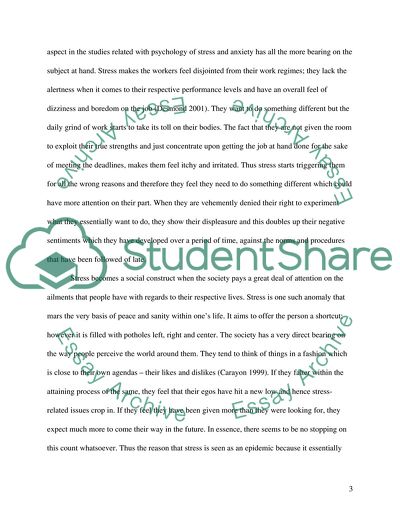Cite this document
(Stress as a Social Construct Coursework Example | Topics and Well Written Essays - 2000 words, n.d.)
Stress as a Social Construct Coursework Example | Topics and Well Written Essays - 2000 words. Retrieved from https://studentshare.org/psychology/1552662-stress-is-a-social-construct-discuss
Stress as a Social Construct Coursework Example | Topics and Well Written Essays - 2000 words. Retrieved from https://studentshare.org/psychology/1552662-stress-is-a-social-construct-discuss
(Stress As a Social Construct Coursework Example | Topics and Well Written Essays - 2000 Words)
Stress As a Social Construct Coursework Example | Topics and Well Written Essays - 2000 Words. https://studentshare.org/psychology/1552662-stress-is-a-social-construct-discuss.
Stress As a Social Construct Coursework Example | Topics and Well Written Essays - 2000 Words. https://studentshare.org/psychology/1552662-stress-is-a-social-construct-discuss.
“Stress As a Social Construct Coursework Example | Topics and Well Written Essays - 2000 Words”. https://studentshare.org/psychology/1552662-stress-is-a-social-construct-discuss.


